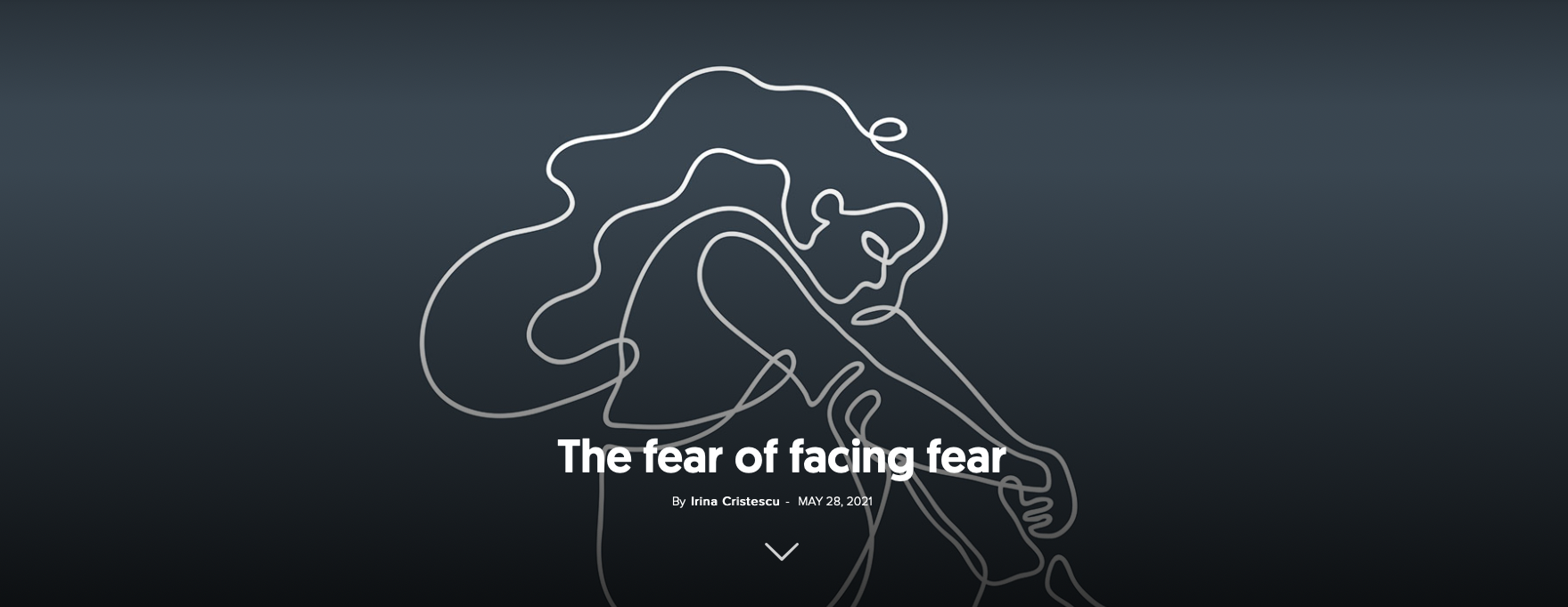When we think about the many tasks of a new day, each morning can be a challenge to mobilise our resources—a combined test of speed and endurance, or a race against the clock with not only known obstacles but also surprising challenges that sometimes overwhelm us.
In this context, it is natural to focus our attention on ourselves—on our duties, on the rat race, as the modern life of constant searching is often called—and less on others. That is to say, those with whom we come into daily contact and whose presence, whether constant or fleeting, is part of the exchange of experiences that mark our trajectory.
In other words, it is very easy to forget others when we are too busy or too preoccupied with problems. And if this is true of us, it is easy to see how others can fall into the same trap of indifference, resulting in a vicious circle of unavailability in our interactions at home, at work, on the street, at the supermarket or between neighbours.
Why is this approach risky? Because life is not a long series of tasks to be performed with precision and uniformity, but a complex manifestation of states of mind in which all people play an important role. But since there’s a lot to do and the day is short, how can we pay attention to those around us in a way that doesn’t cost much but expresses interest and sincerity?
The answer doesn’t reveal a “magic” formula or the need for superhuman effort to keep those around us in sight. All it takes is a simple and straightforward action, one that is meaningful in its apparent banality: paying compliments.
Compliments make our day
Although people tend to underestimate the positive impact that kind words have on others, the brain processes compliments as if they were financial rewards, experts say.
Expressing appreciation to a person makes them feel valued and also lifts the mood of the person giving the compliment. For employees, positive feedback from managers reduces the effects of stress in the workplace, which in turn improves work performance. Virtually everyone benefits, and real-life examples reinforce the idea that compliments really do make one’s day.
The Wayne Valley High School in New Jersey is a perfect example of the power of compliments. Following a tradition established several years ago, school officials encourage both staff and students to participate in an activity known as “Third Party Compliments.” As part of this annual activity, participants voluntarily and anonymously write personalised messages of encouragement, appreciation, respect or gratitude to specific people around them (students, teachers, various school staff). The messages are uploaded to an internal platform, sorted and prepared to be physically distributed to the recipients, who have the opportunity to read them out loud and share their spontaneous reactions in class, at break time or at any other time when they can enjoy the collective attention.
Although the project requires a great deal of effort, the school management believes that the results justify the effort. The activity is eagerly anticipated by the majority of pupils, who feel that the messages of appreciation given in an organised setting make the school atmosphere more pleasant and friendly throughout the year.
The ability to give compliments
Another study found that 90% of respondents thought we should give each other compliments more often because it was mutually beneficial. In practice, however, only 50% of participants who were asked to write a compliment to someone in their wider circle of friends had the courage to deliver it.
Similar studies have shown that people fear the reactions of others and question their ability to give a compliment. According to other research in this area, fears can be overcome if we focus on the human component of the message, so that it conveys warmth, honesty and friendliness, rather than on the ability to craft a grandiose message loaded with big words or sophisticated expressions. At the same time, the main recommendation is that the praise we give should be sincere and specific, that it reflects our attention to detail, and that we should be generous in the expression of that praise, while being careful not to go to extremes that are on the verge of flattery or unnecessary praise.
People also worry that a high frequency of compliments can devalue their substance, or that compliments only work if they remain rare, like gems. But contrary to expectations, receiving sincere but regular compliments does not make anyone immune to the validation they receive, because the need to be seen, valued and encouraged is a constant need, like the need for food. In this respect, an experiment carried out in 2019 showed that, despite the pessimistic assumptions of the participants, the daily compliments they received for a week did not make the recipients indifferent to the words of appreciation addressed to them, nor sceptical of their sincerity. On the contrary, it cheered them up each time.
The need to be valued
Since “feeling valued and appreciated are basic human needs” (Marcia Naomi Berger), it is important not only to learn to give compliments, but also to receive them, bearing in mind that, in any type of interaction, the formation and expression of positive opinions about what a person is really like, about his or her character, ideas and actions, are the foundation of the desire to develop a cooperative relationship.
This recommendation also applies to ourselves: we must learn to receive compliments that we can give ourselves. It is a sign of self-awareness and a necessary exercise in building self-esteem (people who underestimate themselves find it difficult to accept compliments). We can start by embracing our uniqueness, the gifts we have been given, the skills we have developed over time and the qualities that lead us to success, as well as those that allow us to accept failure.
The power of receiving and giving compliments shows that we are at peace with ourselves, that we are able to acknowledge success or achievement (personal or that of others); it is a good way to withdraw from harmful competition with others, a way to let our guard down. At the same time, compliments can help us break the ice in a new conversation, save us in key moments, motivate us to see the good in things, and shape us to be more open, caring and trusting of people.
Genia Ruscu has a Master’s Degree in Social Work Counselling.




















